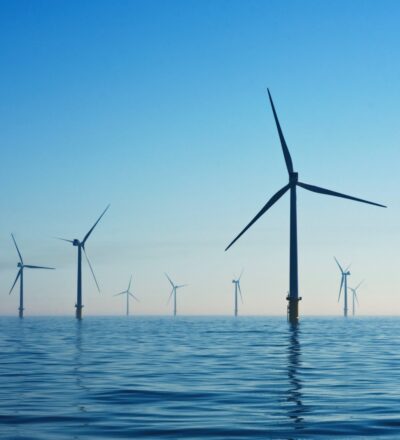The Institute for Sustainable Process Technology has been working on the mission of a circular industry in 2050 for years. As an open innovation platform, we connect stakeholders and existing programs to the MMIPs as described by the government in the climate agreement.
In order to comply with the Dutch climate agreement, 13 MMIPs have been formulated. MMIP stands for Meerjarig Missiegedreven Innovatie Programma, or in English: a multi-year, programmatic innovative approach.
MMIP’s: working on social impact and economic result
An MMIP indicates which social and economic results are expected by the government and therefore in which direction the research should go. This ensures that the desired innovation proceeds faster.
We connect all our programs to the MMIP’s as described by the government. We don’t employ any researchers ourselves, but we do have a lot of experience in coordinating and facilitating partnerships. For example, we draw up the conditions for working within the consortia, ensure that companies are willing to invest and come up with proposals to the government for extra financial support.
At the same time, we anticipate on recent developments by setting up new programs and initiatives.
Also interesting to read
Join our LinkedIn-community for more interesting reads.
MMIP 6: Closing industrial cycles
- Circular Plastics: Boosting polymer recycling by clarifying the material and process aspects of mechanical and chemical recycling
- Circular Carbon: Developing and integrating carbon capture and conversion technologies as key enablers for a transition to CO2 emission free process industry
MMIP7: Industrial heat system free of CO2
- Heat: Accelerating the development and application of sustainable heat and heat-integration technologies that enable the transition to 100% CO2-free industrial heating
- Drying and Dewatering: Identifying joint drying issues and to improve or develop new technologies that use less energy and result in a reduction of CO2 emissions while maintaining or improving product quality
MMIP 8: Electrification and radical innovative processes
- Hydrogen: Developing largescale, electrolysis-based production of sustainable and low-cost hydrogen, as a driver for circular industrial chains
